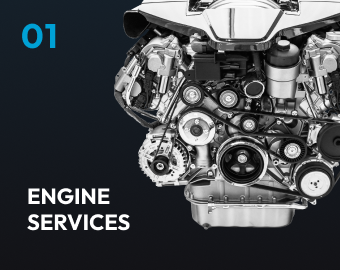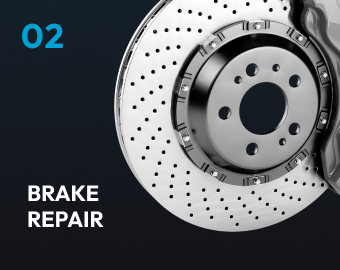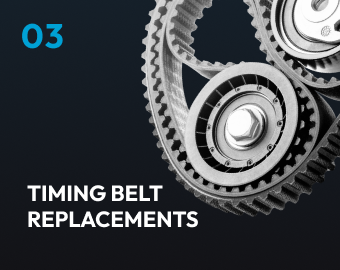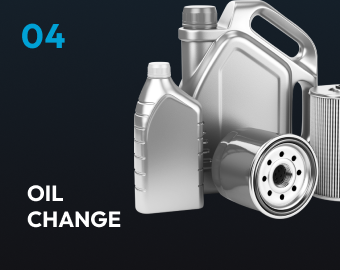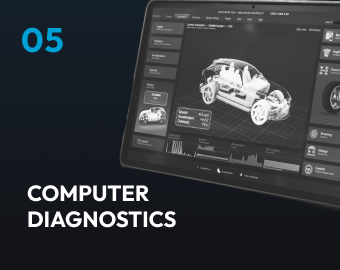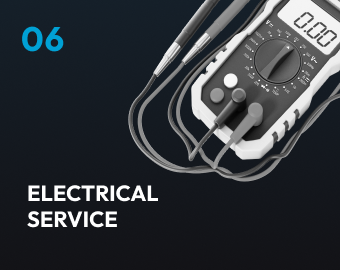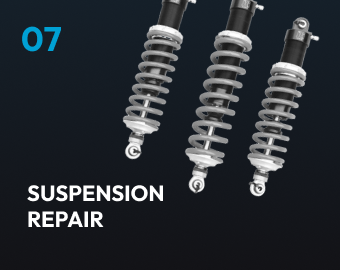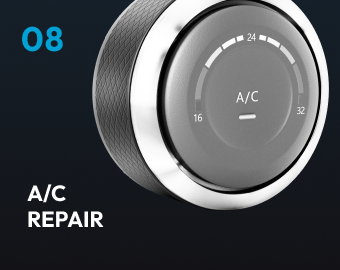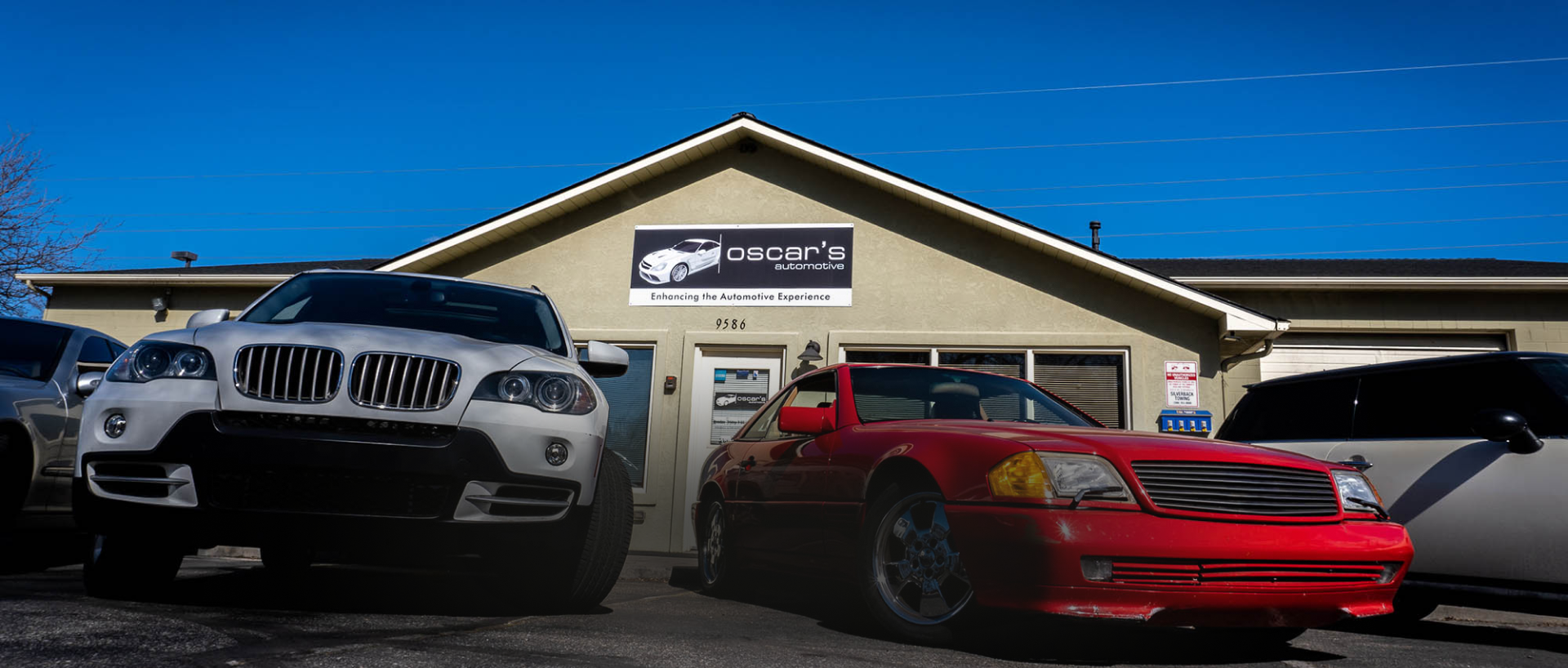
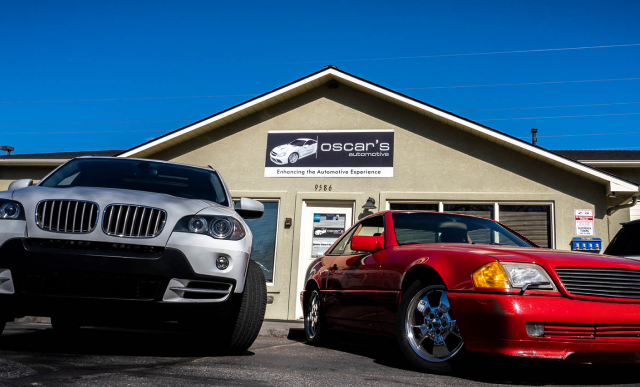
GERMAN AUTOMOTIVE SPECIALIST
Automotive experts based in Boise, ID dedicated to providing specialized services for European vehicles. Over 15+ years experience, certified, reliable, family owned and operated.
Who We Are
We provide five-diamond service to the Treasure Valley, specializing in modern BMW, Mini Cooper, Smart Car, Mercedes-Benz, Porsche, and Audi, with factory-level equipment to match.
What sets us apart? Oscar himself is a rare expert in classic Mercedes (1970-1994), factory-trained and recognized as one of the best in the valley. Let our skilled technicians handle your vehicle with precision and care - getting the job done right the first time.
For Your Convenience
We Offer:
Free
Wi-Fi
Financing
Available
AFTER HOURS
DROP-OFF
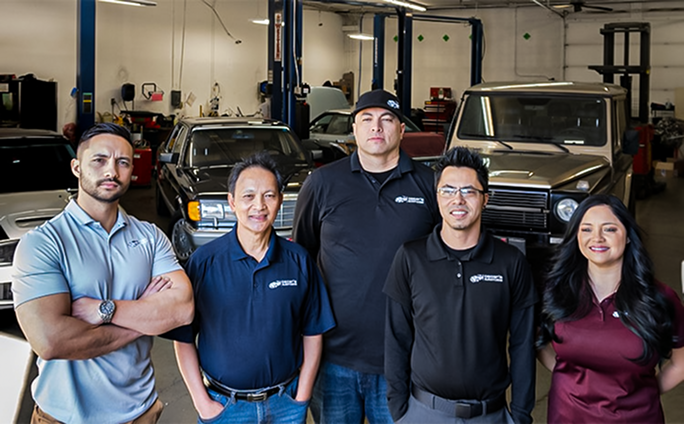

Transparent Services
We believe in open and honest communication, providing detailed explanations and transparent pricing for all our services.
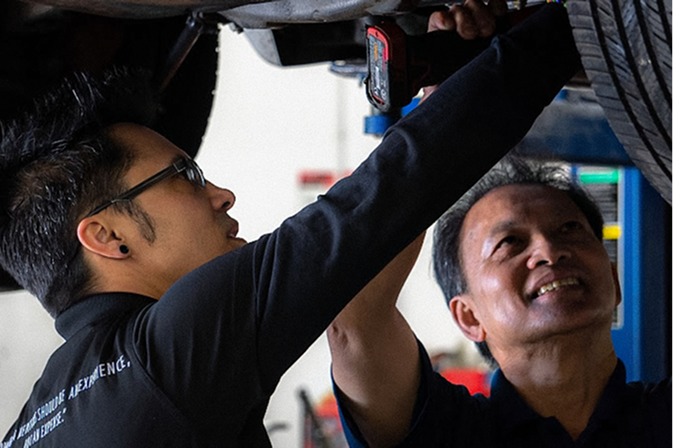
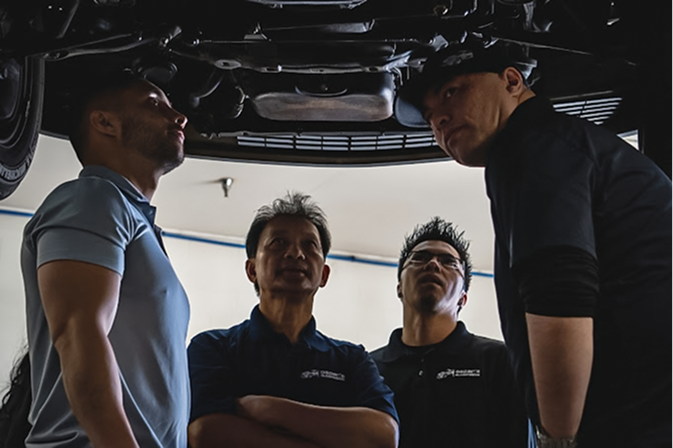
Our Core Values
Family First
We value family—both at home and in the workplace. Our team is built on loyalty, respect, and a positive work environment, creating an experience where customers feel just as welcomed and cared for.
Integrity & Ethics
We always choose to do what’s right. Guided by strong ethics, we strive to be the best versions of ourselves in everything we do.
Empathy & Care
We treat each other and our customers with kindness and understanding. By putting ourselves in their shoes, we provide support and protection like family.
Smart Solutions
We approach every challenge with intelligence, strategy, and teamwork. Guided by our values, we work efficiently to find the best solutions for our team and customers.
Driven & Motivated
Our determination and resilience push us forward, even when things get tough. We stay motivated by our commitment to growth and excellence.
Creating a Fun Environment
We believe in making work enjoyable, even during challenges. A positive atmosphere leads to better experiences for both our team and customers.
Pride in Our Work
We take pride in everything we do, from quality craftsmanship to customer service. Our goal is to always deliver our best, knowing we’ve made a difference.
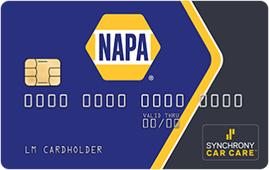
Easy Financing for
Reliable Repairs!
Keep your car in top shape without the upfront cost. NAPA AutoCare Financing offers flexible payment plans, so you can get back on the road with confidence.
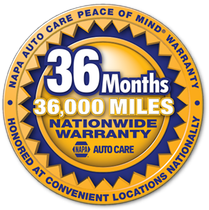
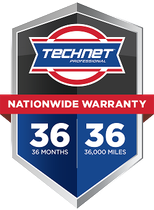
36 Months. 36,000 Miles. Guaranteed Peace of Mind
Our In-House, NAPA, and Technet-backed 36-month/36,000-mile warranty ensures your repairs are covered, no matter where you go. Quality service, guaranteed reliability


